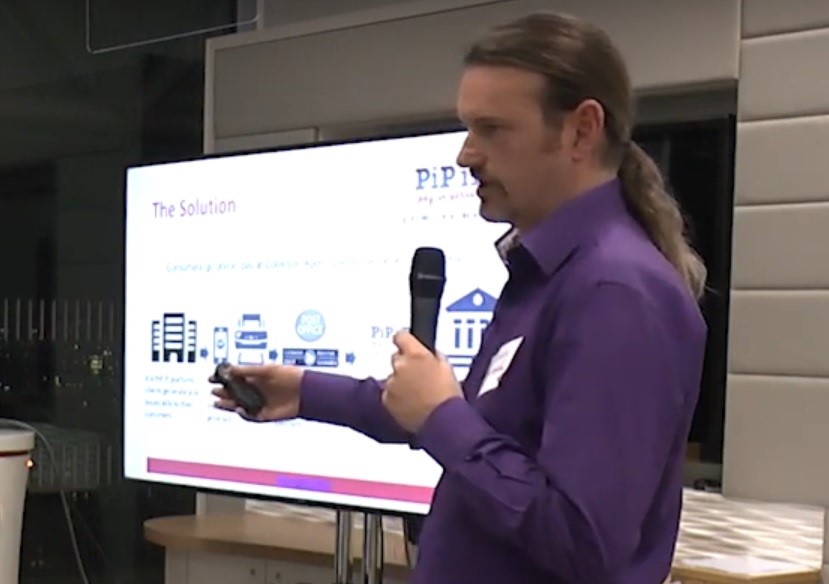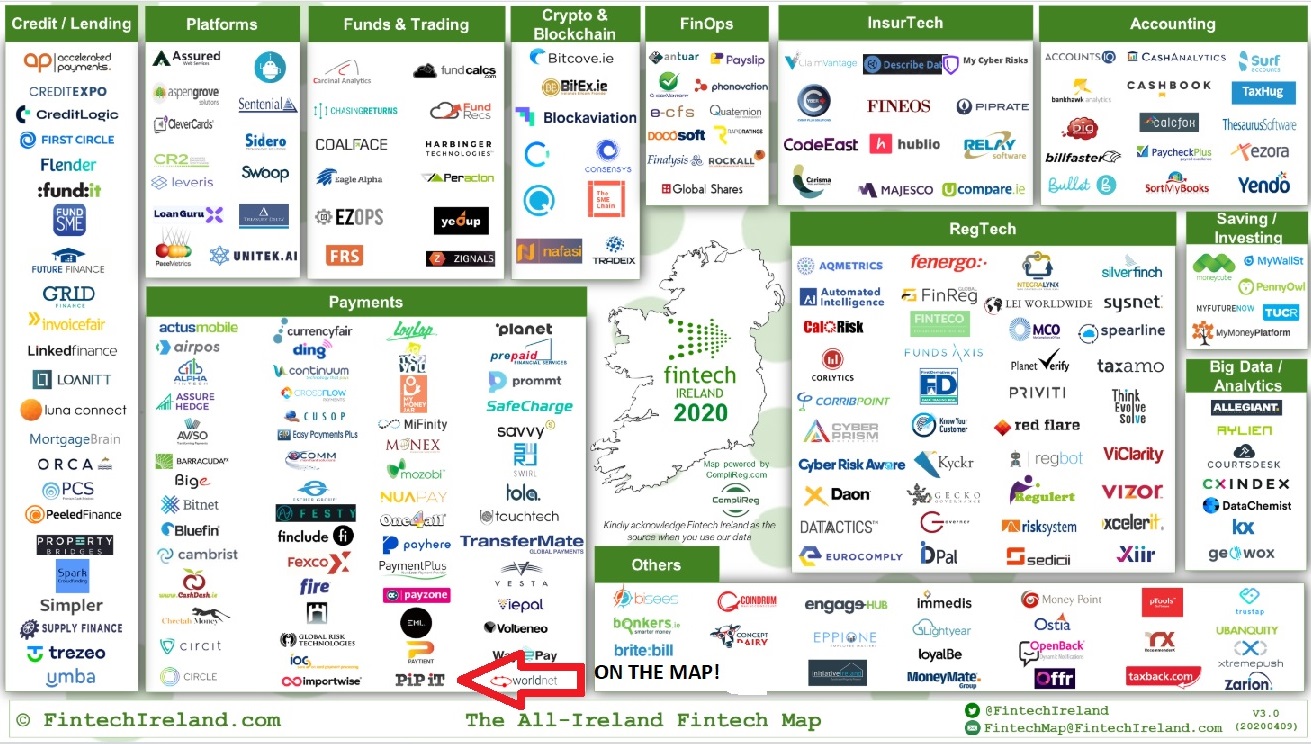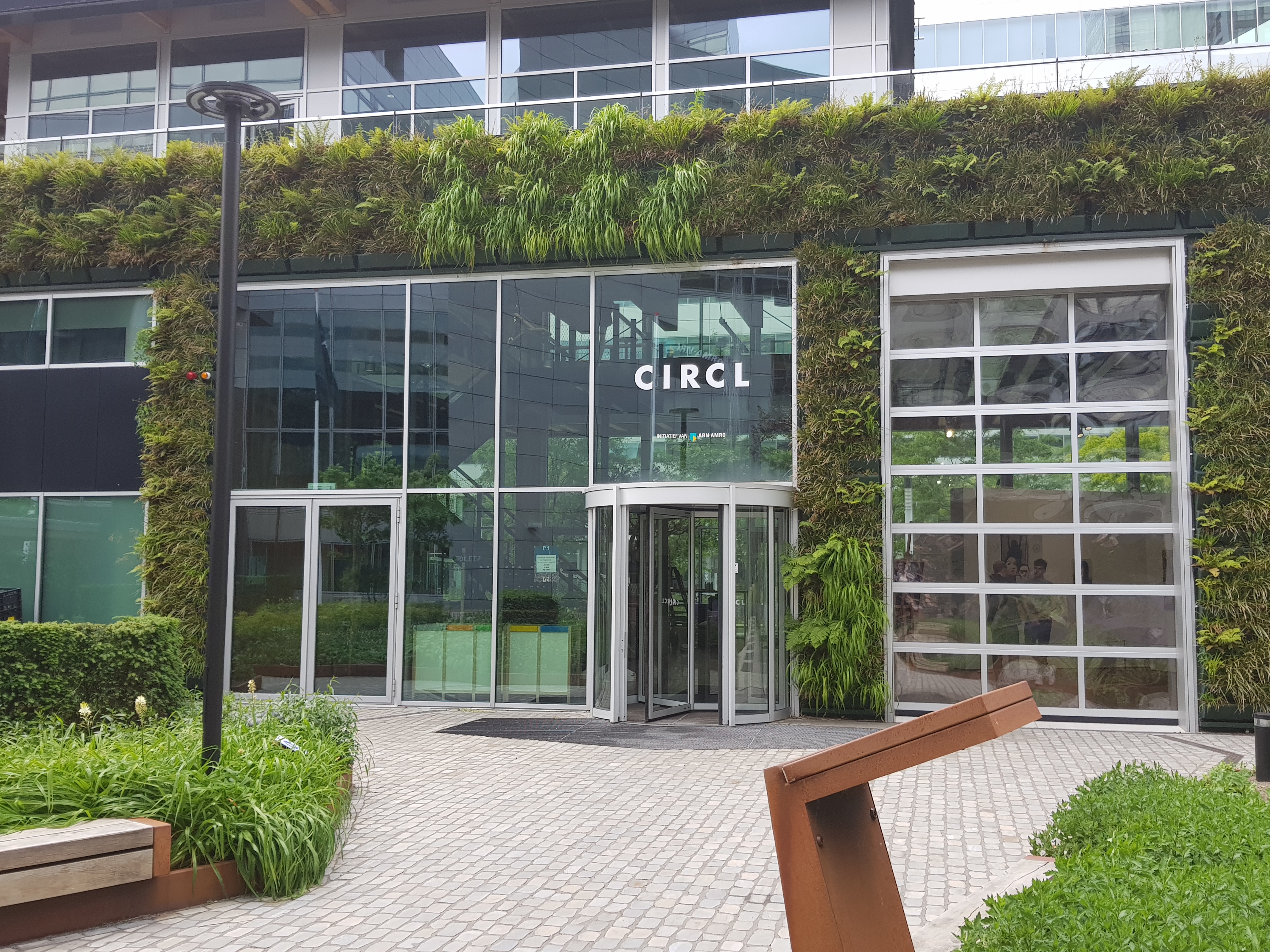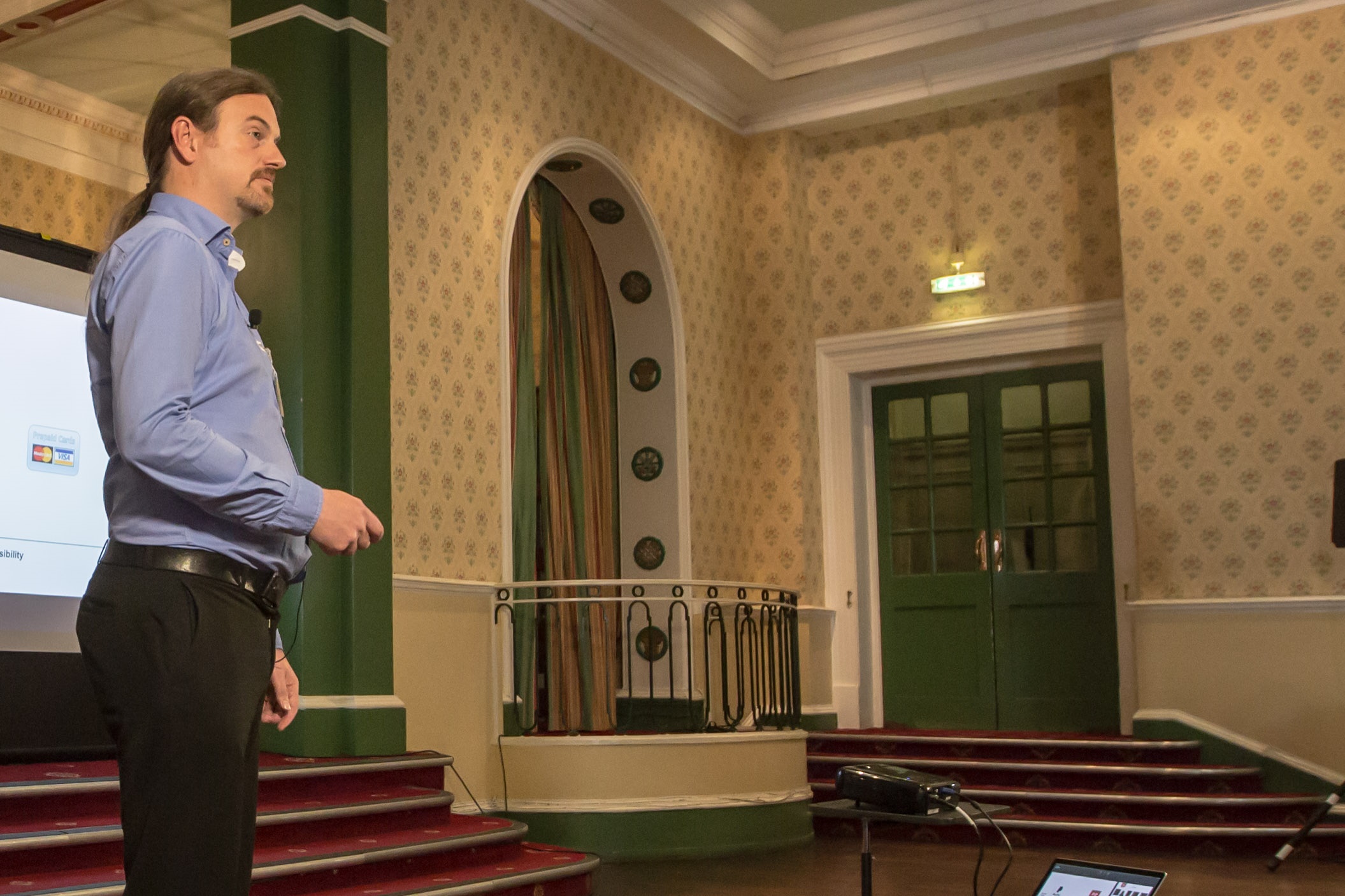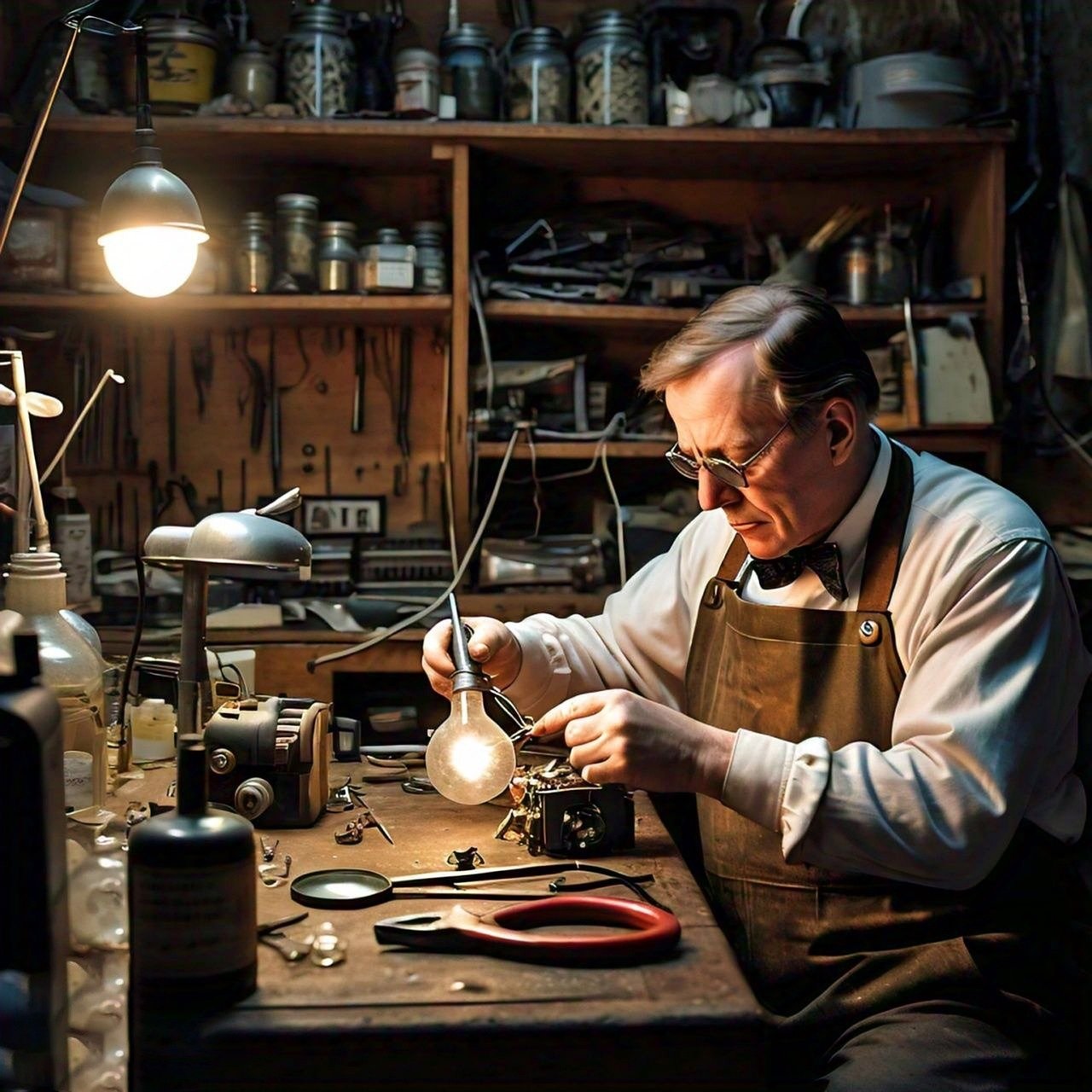
Innovation is About Resilience
I was recently a judge on the pitch panel for NDRC start up program in the PorterShed in Galway. Thirty start-ups pitched, only two won places on the program. Having been on many stages pitching, I felt for those who were disappointed. The experience reminded me of recently watching the video of my friend and colleague, Geoffrey Allen accept the European Technology Award for VR Excellence for his company Mersus Technologies . In his speech he said, ‘Innovation is about resilience’ and I was struck by how simple and true that statement is. In the business world, the word ‘innovation’ is seen as some sudden and dramatic breakthrough, an eureka moment – where in reality, innovation is a long, continuous and frequently arduous process.
In a world of constant change, the concept of innovation has evolved beyond traditional notions of creativity and ground breaking ideas. Today, innovation is increasingly about resilience and the capacity of individuals and organizations to adapt and learn in the face of obstacles. In this blog, I’m going to explore the connection between innovation and resilience, emphasizing how the ability to bounce back from setbacks and embrace change is crucial for real innovation.
The Dynamic Nature of Innovation
As mentioned above, innovation has been synonymous with revolutionary breakthroughs and disruptive advancements – literally the light bulb moment in the invention of the light bulb! However, the landscape of innovation is shifting, with a growing acknowledgment that true progress often emerges from the ability to navigate and overcome obstacles. Resilience, defined as the capacity to recover quickly from difficulties, plays a pivotal role in the process.
Resilience as the spark for Creativity
Innovation flourishes in environments where there is the ability to bounce back from failures and setbacks. Instead of viewing obstacles as insurmountable roadblocks, resilient individuals see them as opportunities to learn and grow, the lean into the challenge of solving the problem. In this context, failure is not a deterrent but a stepping stone toward refining and enhancing ideas.
One of my favourite examples is Thomas Edison on inventing the light bulb. Edison, when asked about all the versions of the bulb that didn’t work, “I have not failed. I’ve just found 10,000 ways that won’t work,” epitomizes the resilient spirit that propels innovation. Another famous example is, Steve Jobs’ journey with Apple had many setbacks and challenges which were not tech related, but challenges with his board and shareholders that saw him sacked from the company he had founded, yet his resilience allowed him to found Pixar before returning to Apple to lead the company through rollercoaster times and emerge with ground breaking products. (though much of Apple’s innovation was famously ‘inspired’ by their competitors!)
Of course, it is easy when you are successful looking back at the barriers you over came to get to your goals. They become fun anecdotes for blogs! In the middle of the process, its not that much fun at all.
Organizational Resilience and Innovation
The connection between resilience and innovation extends beyond individual to encompass entire organizations. Companies that prioritize resilience are better equipped to adapt to market changes, economic downturns, and unforeseen disruptions. From the start up perspective, I think it is the company Mission that inspires resilience. In my own company – Pipit Global – we are a Social Impact technology company, knowing we are making an impact has helped keep us resilient through difficult times.
Adapting to Technological Disruptions
In the fast-paced world of technology, where innovation is a constant, resilience becomes a strategic imperative. The ability to adapt to rapid technological disruptions is a defining factor for companies aiming to stay relevant. Canon originally lost out when cameras went from film based to digital, but they are now the market leaders providing lenses for camera phones
Crisis as a Catalyst for Innovation
Resilience and innovation comes to the fore during times of crisis. The COVID-19 pandemic, for example, prompted an unprecedented wave of innovation across various sectors. From healthcare and education to remote work solutions and supply chain management, the global response to the pandemic underscored how resilience fuels innovation in the face of adversity.
Moderna used AI to create a Covid vaccine ready for testing in 42 days. This is a process that traditionally took years.
Innovation is not just about Technology
As per the Steve Jobs example above, resilience and innovation is not always about making technology work. It can also be about making the model work, product/market fit – pivoting the company away from its initial model to build the company, not just the technology.
In my company – Pipit Global, we had initially planned on building a consumer payments product. Once we had built the tech, we realised that we were not able to secure the level of funding required for the marketing and customer acquisition for a B2C product. This initially seemed like we were at a dead end, but we changed the model to a B2B payments tech platform where we provided technology to payments companies who already had a brand and who had the responsibility for customer acquisition. That may seem like an obvious change, but in heat of your business looking like it might fail nothing is obvious as you are consumed by the moment, but it is at these moments that you need to be resilient and stand back and look at the bigger picture
In conclusion, innovation is not just about generating ground breaking ideas; it is about cultivating resilience as a foundational element. Whether at the individual, organizational, or societal level, the ability to adapt, learn, and thrive in the face of adversity is central to fostering true innovation. As we navigate an increasingly complex and dynamic world, embracing resilience becomes a key driver for progress and a catalyst for the innovative solutions that will shape the future.
For the 28 founders who didn’t win the pitch competition, don’t be down hearted – be resilient.


